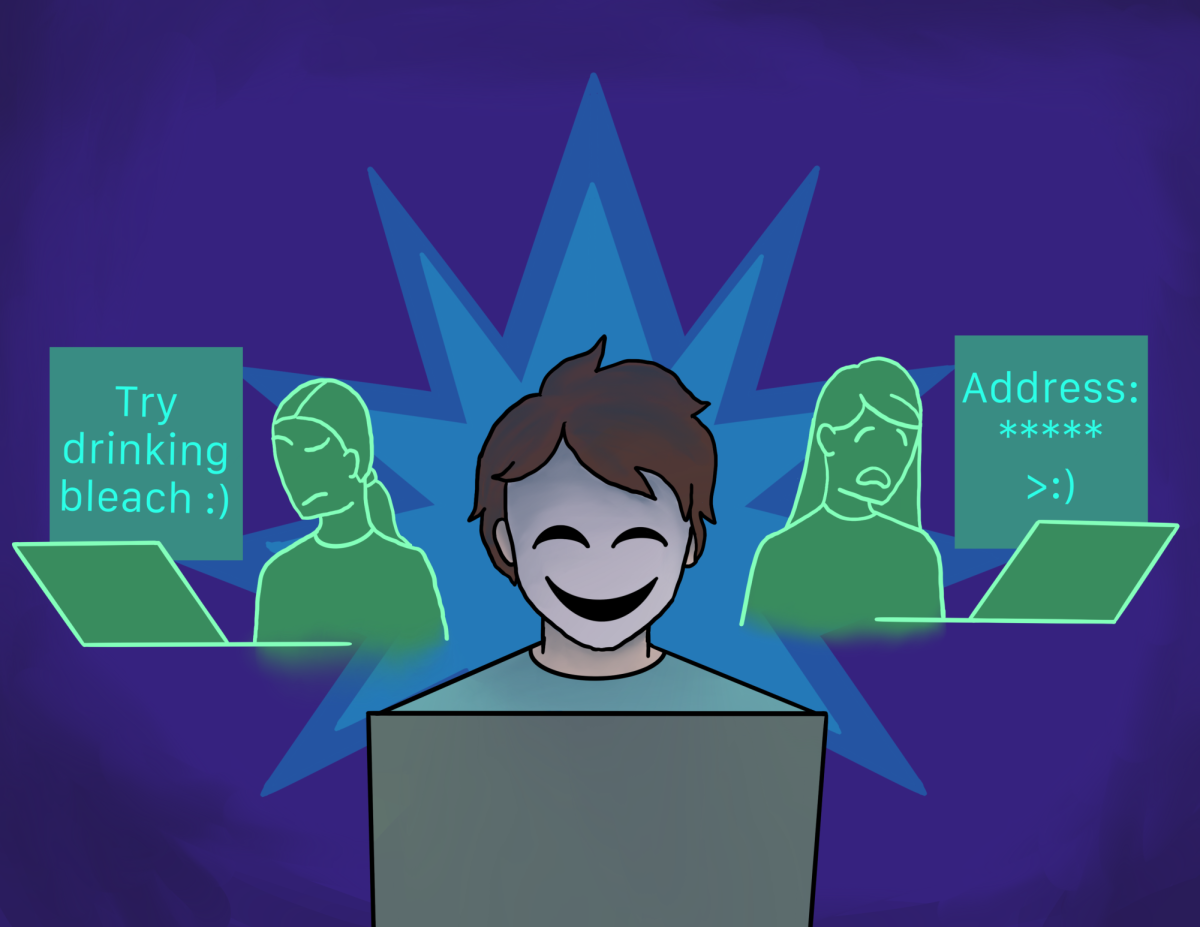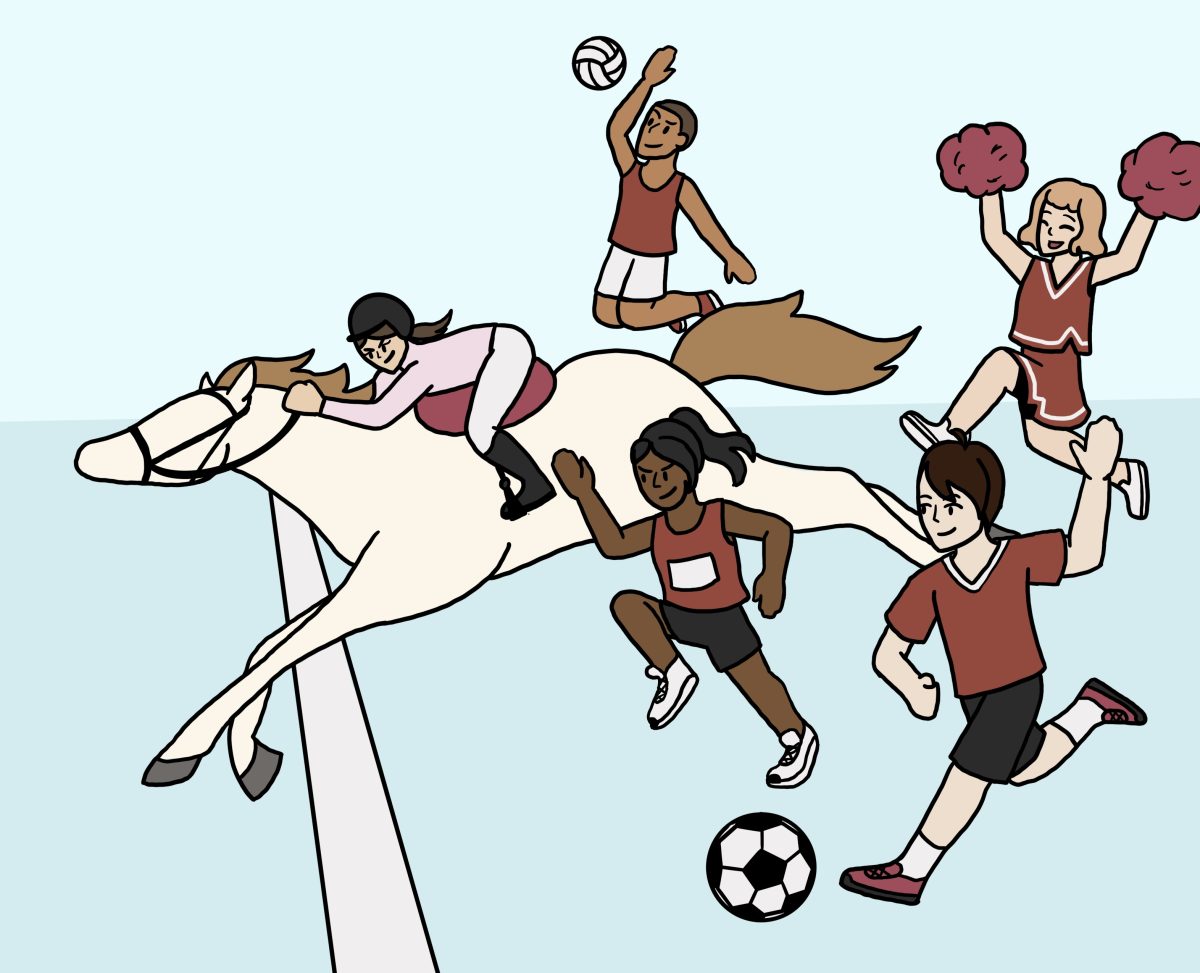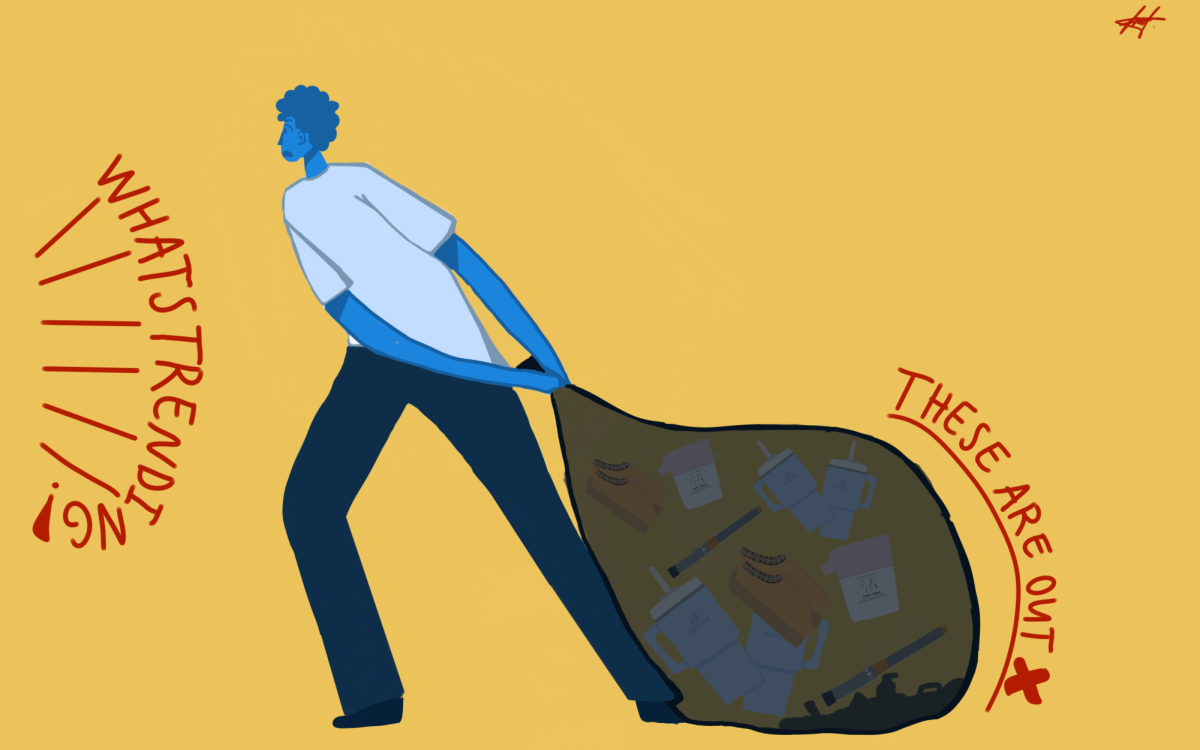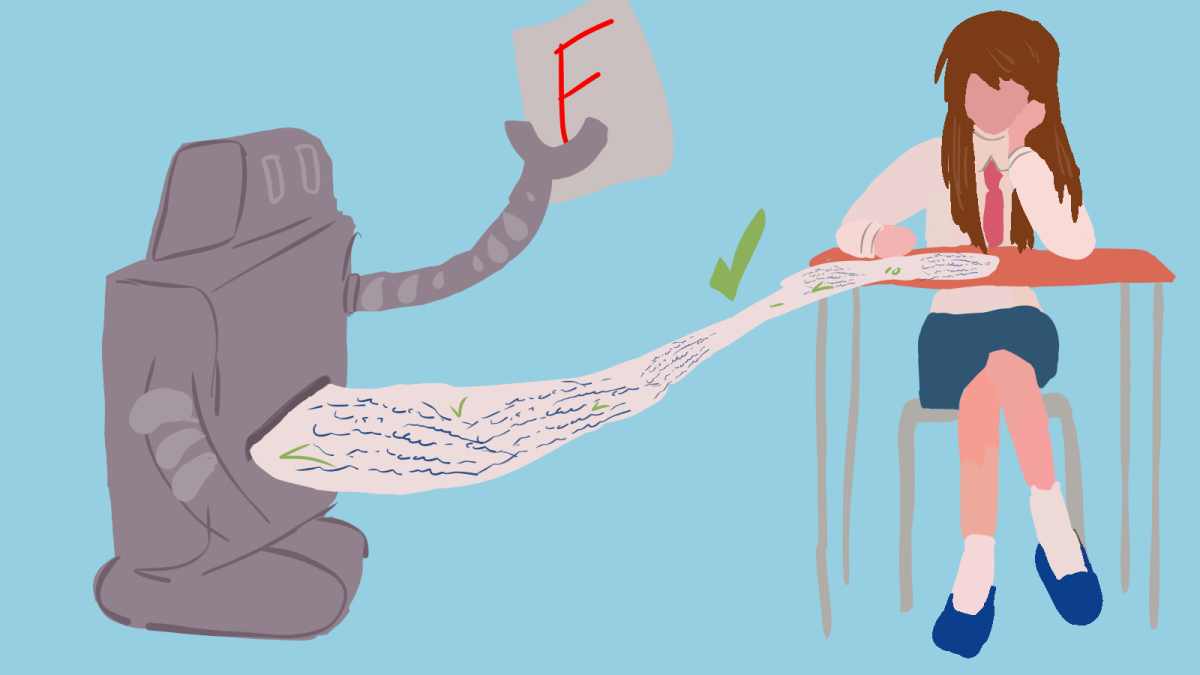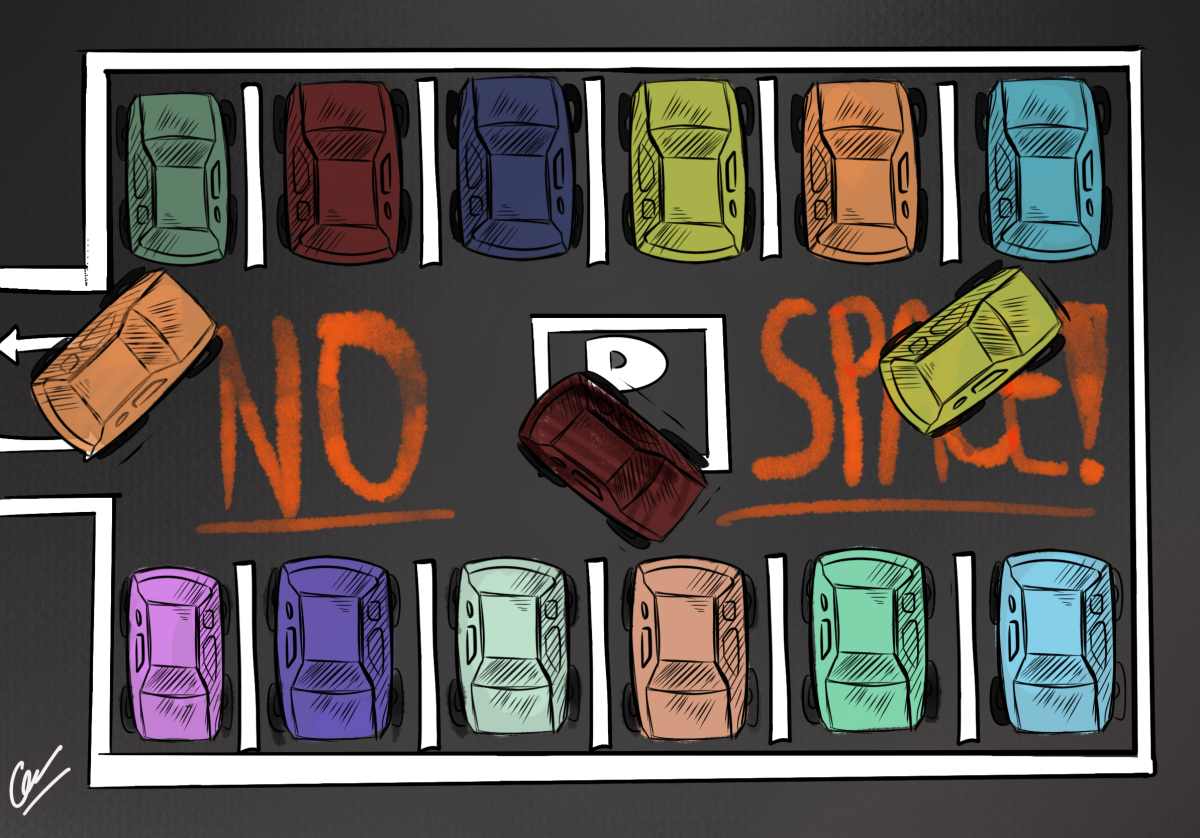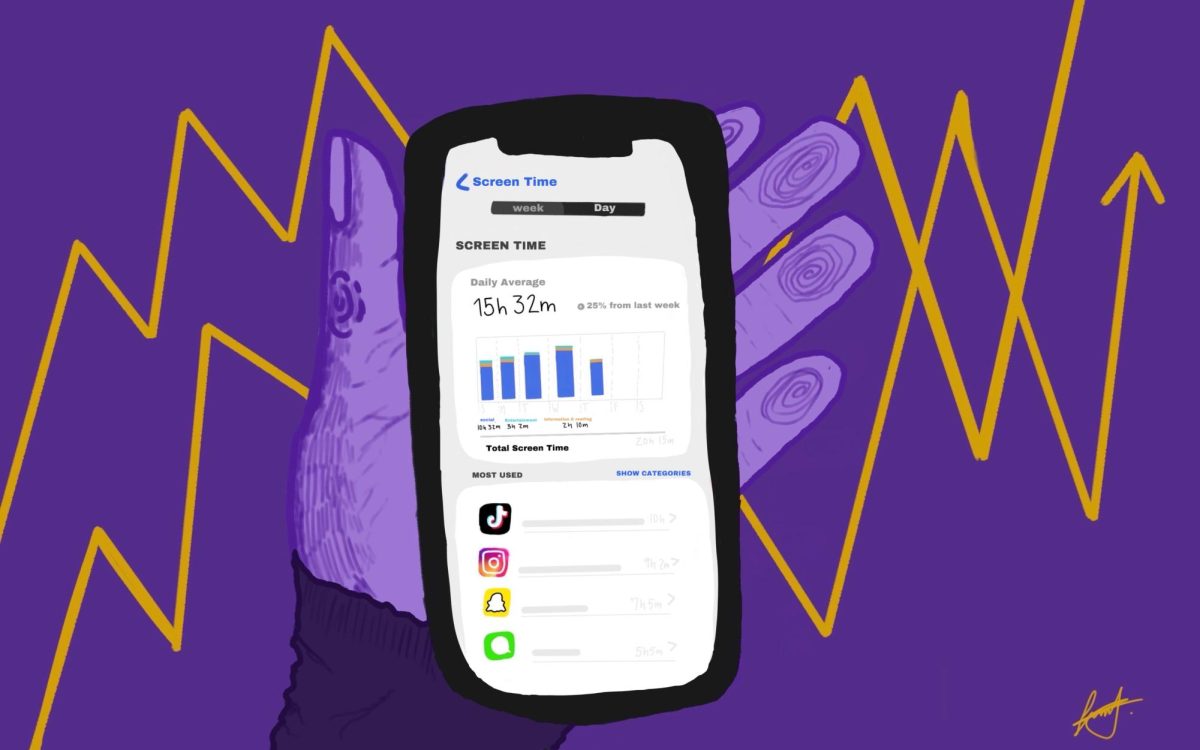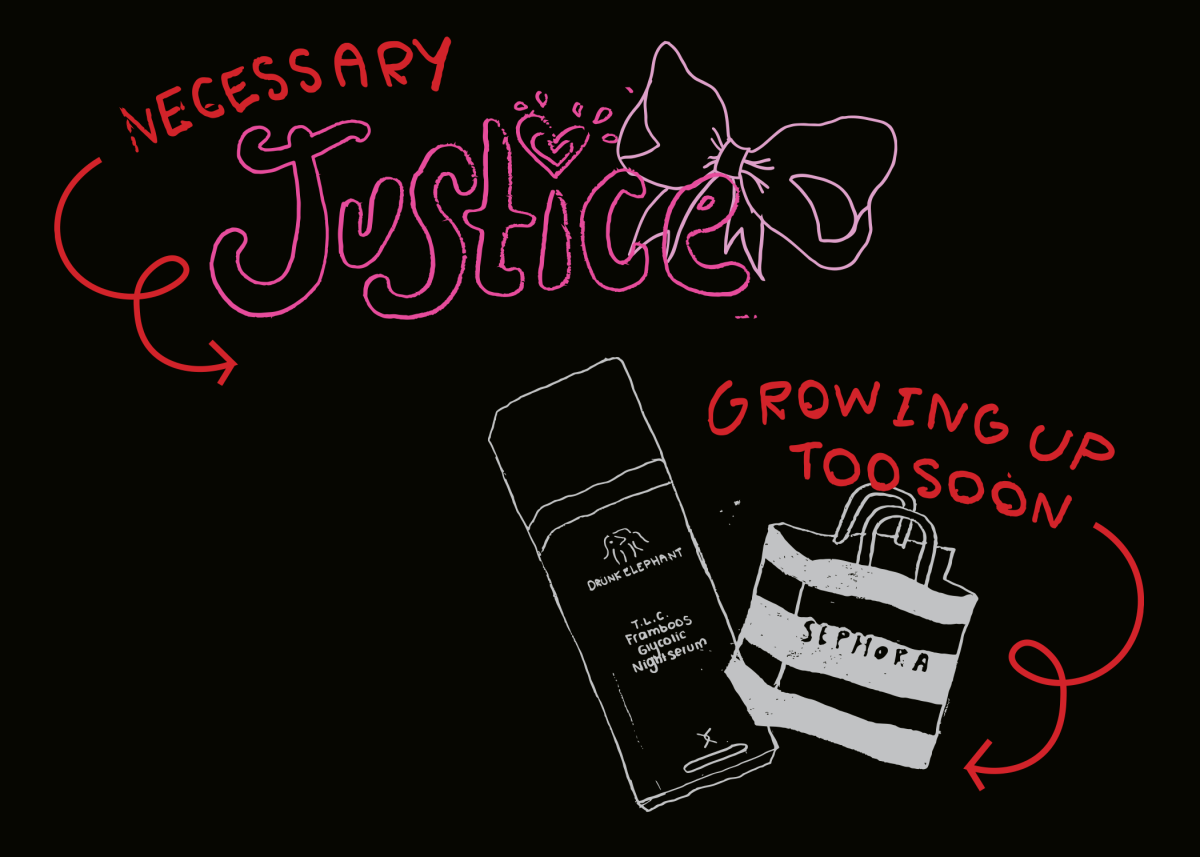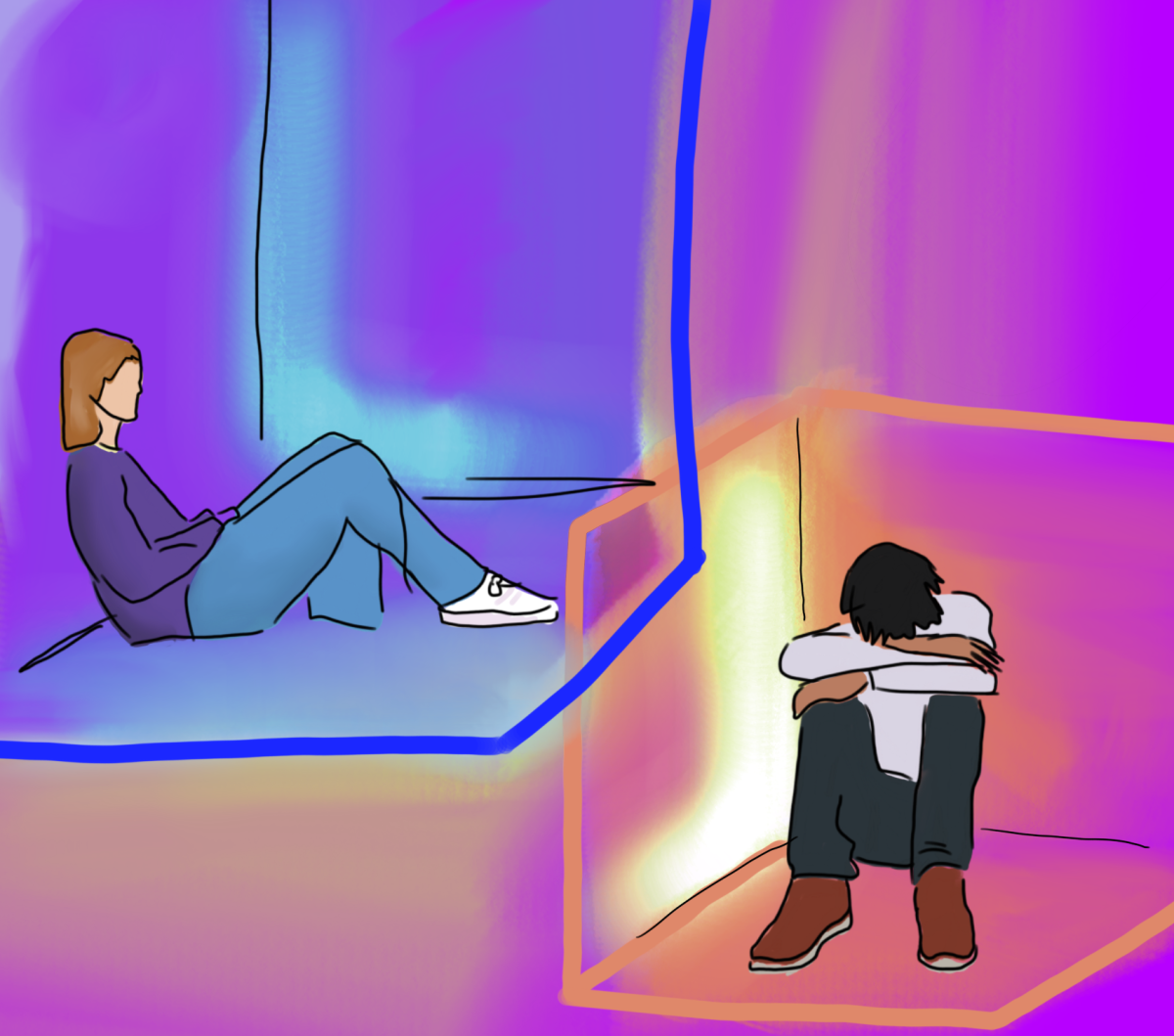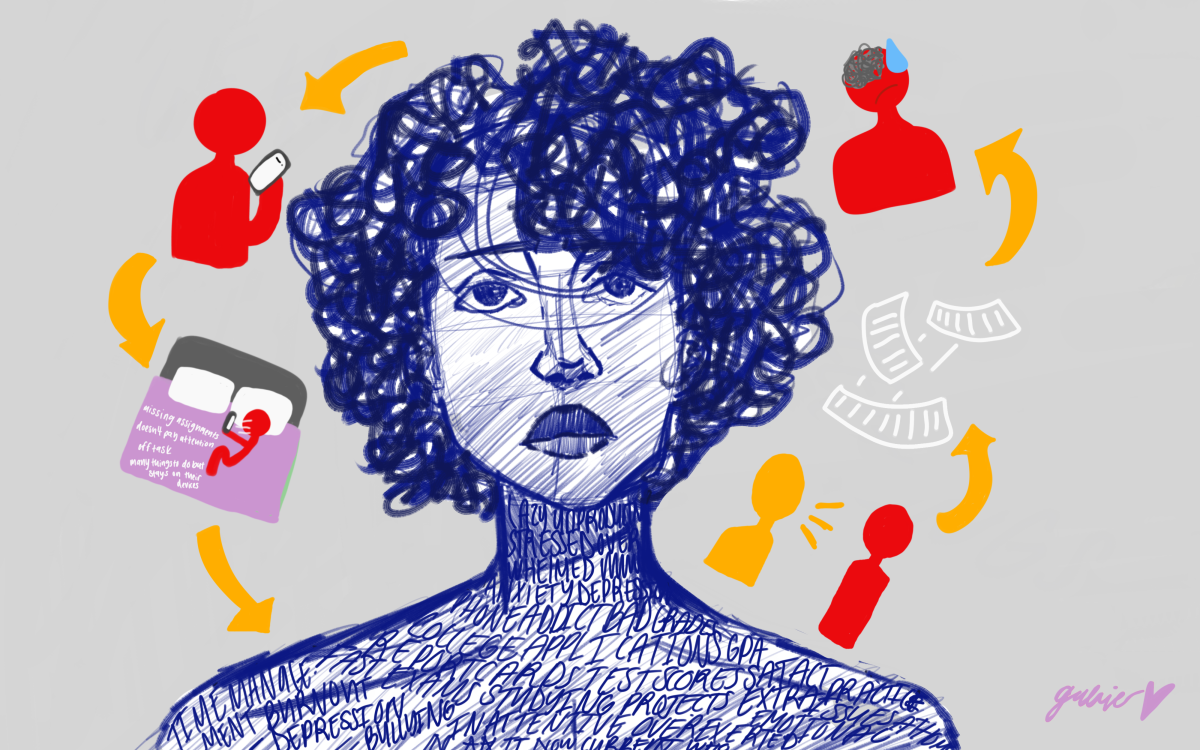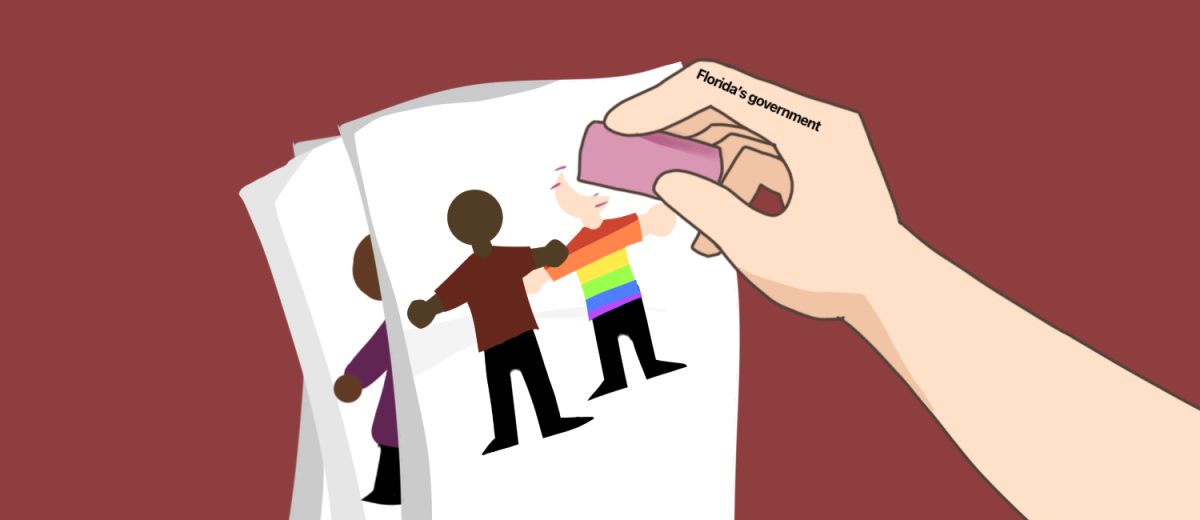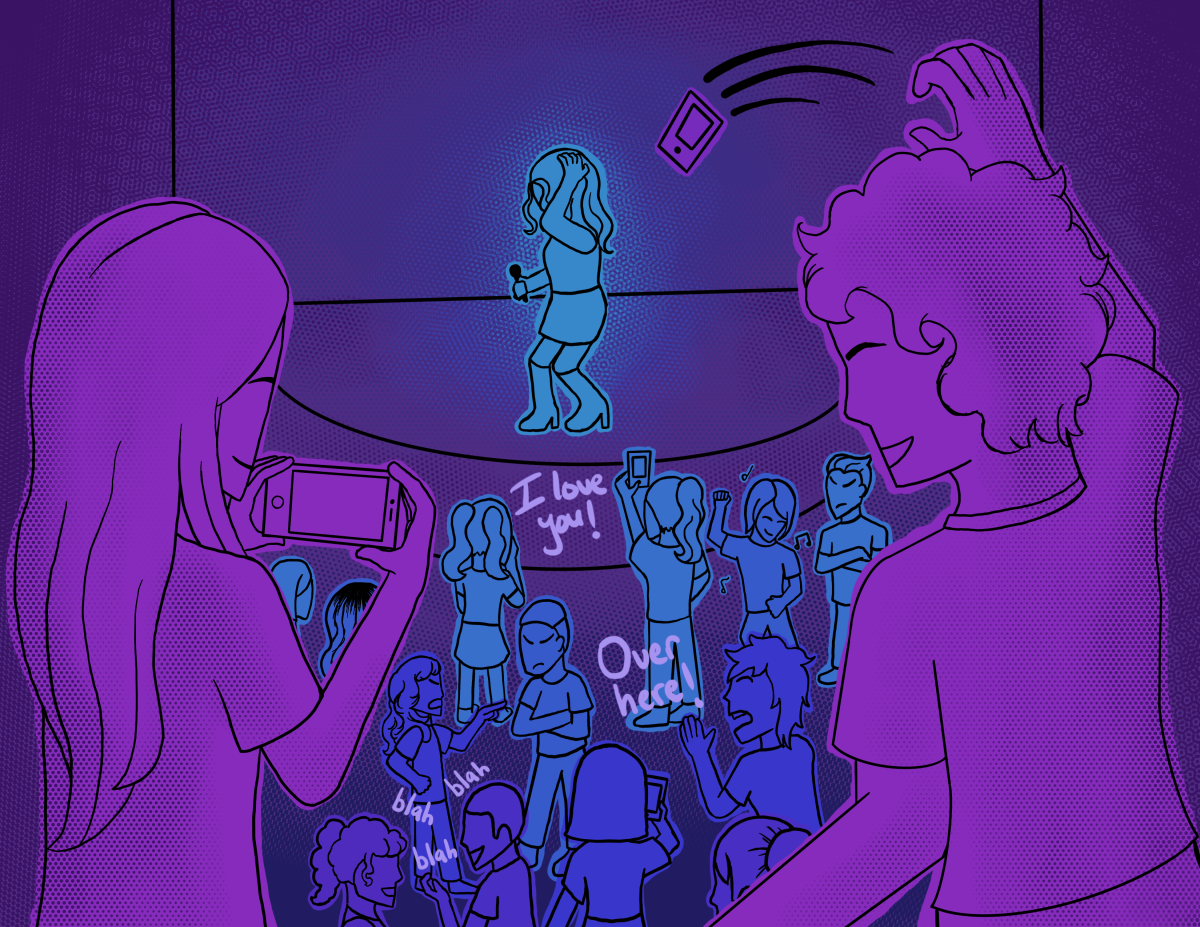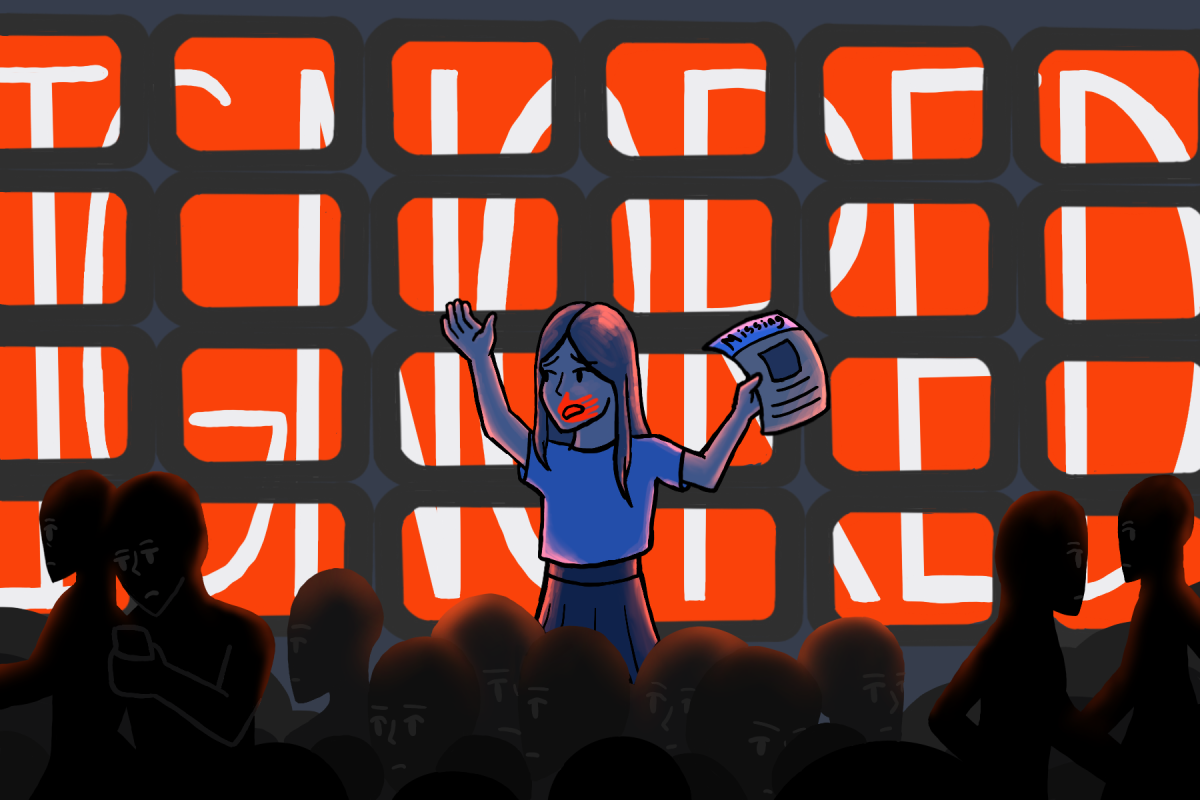The internet allows people to interact with others from across the world, yet you never truly know who they are talking to. Internet users have the ability to create new identities for themselves on multiple social media platforms. Online anonymity allows users to commit harmful acts without consequences, exposing users to hateful actions and false information.
Anonymity causes users to feel they can post whatever they want without repercussions. Name-calling, false rumors, explicit images and threats are all examples of the type of cyberbullying and harassment users experience on the internet. The Pew Research Center found that 46% of teens had experienced bullying and harassment in online spaces in 2022.
Anonymity protects those that cyber bully and harass others online, as their posts cannot be traced back to a real identity. These perpetrators are allowed to dehumanize other users, often berating those with opposing views with insults, slurs and threats.
Doxxing is another consequence of online anonymity. This practice, where one user releases another user’s private information to the public, puts people at risk of stalking and physical harm.
Not only does anonymity allow a person to choose a fake identity for themselves, but it also allows them the opportunity to use someone else’s identity as their own. The Federal Trade Commission found that imposter scams through social media and phone calls were the number one cause of fraud in 2022.
Online anonymity allows criminals to trick people into thinking they are someone else in order to commit various crimes, such as fraud and identity theft. Impersonation affects not only the people who interact with the imposter, but also the victim of the impersonation. The events that transpire online appear to be the victim’s fault as a result.
Anonymity also allows for the spread of misinformation. As more people receive news on their phones, non-credible online sources lead to the spread of false information..
According to the National Center for Biotechnology Information, fake news spread around the COVID-19 pandemic falsely claimed that holding your breath for ten seconds is a valid COVID-19 test and that the disease can be cured by eating boiled garlic and drinking chlorine dioxide, an industrial bleach.
This type of false information causes harm to susceptible users who take in the information and believe that it is an irrefutable truth. The BBC reported that 800 people died around the world because of misinformation surrounding COVID-19 in the first three months of 2020.
Fake news is especially dangerous for impressionable kids and teens, who may believe the advice they view online and attempt it themselves.
The lack of media literacy among younger generations has caused at least 18 state legislatures to take action by implementing lessons into schools, such as the recent bill in California proposed by California State Assembly member Marc Berman. Berman cites a study from Stanford University, claiming that 82% of middle schoolers in the study could not tell the difference between ads and new stories. The bill aims to incorporate media literacy as a part of the state’s standards for core subjects taught in schools.
Solutions to this problem start with media literacy. California’s media literacy bill should be the standard for schools across the country. Incorporating media literacy into the curriculum can prevent students from believing false information and allows them to become more aware of what they may encounter online.
Social Media apps need to take responsibility for their contribution to the anonymity crisis. People are able to hide their true identities because the platforms allow it. If all platforms required people to use their real names, people wouldn’t have the option to hide their real identity.
Users also need to remember that when they are online, there is a person on the other end of the screen. This requires everyone to remember that their actions in online spaces affect people the same way they would in real life. With these steps, individuals, companies and lawmakers can come together to be a part of the solution, instead of part of the problem.
This story was originally published in the December 2023 Eagle Eye print edition.

